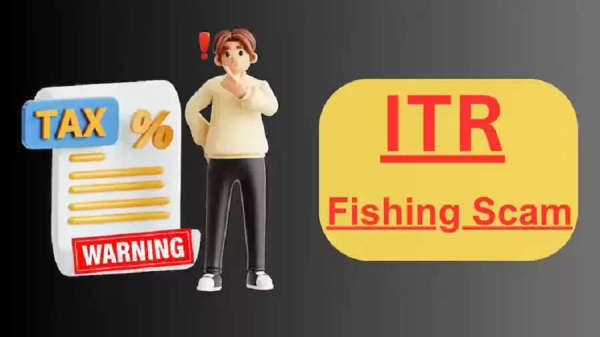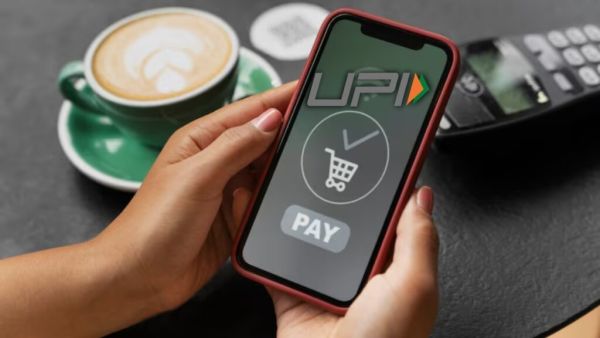
Nowadays, cyber criminals have found a new way to cheat people, in which fraud is being done in the name of refunding ITR. In such a situation, let us know what is ITR phishing scam is and how to avoid it.
To give relief to taxpayers, the central government has extended the last date for filing ITR by one day to September 16. This has given relief to taxpayers, but cybercriminals have started taking advantage of it. Actually, they are trying to cheat people in the name of filing ITR. Under this, those who file ITR are getting a mail, in which they are being sent a request for ITR refund. If you click on this link, then in a minute you will become a victim of fraud. Be careful with this. Let us know what is ITR phishing scam and how to avoid it?
What is ITR?
ITR means Income Tax Return. This is the form that people who pay income tax use to give information about their income and investment during the new financial year. In this process of filling online ITR, people give a record of their personal and financial data to the Income Tax Department.
What is ITR phishing scam?
In this scam, cyber criminals send you an email from a fake ID after you fill your ITR. It tells you that you will be given a refund due to a mistake in your tax calculation. Such mails often work to trap people. After this, as soon as you click on this link, your personal details are asked. As soon as you give the information, you become a victim of cyber fraud.
Be careful of fake calls, messages or notifications
In this scam, you either get a message, call or a notification of a link. The cyber criminals calling often introduce themselves as an officer of the Income Tax Department, so do not trust such calls. Do not click on any unverified attachment or link as they may contain malware which can affect your device and leak all the information.
How to protect yourself?
1. Before making any payment, verify whether the link sent is fake or not. If the link or request has come from an unknown source, do not open it.
2. Also, keep alerts enabled on all your payment apps so that as soon as any fake payment request comes, your device immediately alerts you and you can avoid fraud.
3. Apart from this, use only verified sites and secure payment methods to pay taxes online. Always try to make payments by credit or debit card so that the robust redressal mechanism present in them can protect your data.
-
Do you also consume baking soda water, relieves relief from stomach to skin problems

-
Increasing trend of dangerous stunts on social media

-
Does potatoes brought from the market have chemical or not? Catch the truth like this

-
Not medicines, eat this ‘secret’ of Uttarakhand! From the stomach to BP, every merge is a medicine

-
Big change in UPI limit, now only verified merchants will get new facilities
